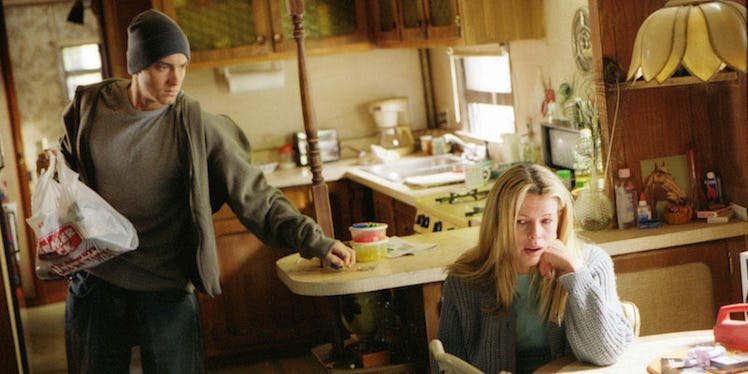
How My Mother's Alcoholism Is Proof You Cannot Force Sobriety
Addiction is a disease.
Just like with any other illness, you can't force those suffering to get better.
They can enter treatment. They can be supported, loved and cared for.
But, you can't make them better.
It took me a while to fully grasp this concept, and I’m sure there are many out there still struggling to understand someone suffering from an addiction can't just quit.
Addiction is not a choice, and striving for and maintaining sobriety can be one of the hardest things an addict does.
This isn’t to say sobriety is impossible. It’s possible, but that doesn’t mean it's easy.
I grew up with an alcoholic mother. To this day, she has not found sobriety.
As a child, I felt if my mother really loved me, she would quit drinking.
I believed one day, she would wake up and decide today was the day. She would never touch another alcoholic beverage ever again.
Blame it on my childhood naivety or lack of understanding of the complexities of addiction, but I thought she could quit just like that.
I thought she was choosing alcohol over me.
But that wasn’t the case. Her addiction had a strong hold over her.
Her love for me was — and still is — completely separate from her disease.
An addict can love you with his or her whole heart, but that doesn’t mean he or she can become sober and maintain sobriety.
Yes, an addict has to want to get sober and work to maintain that sobriety, but that isn't an easy choice to make.
I believed if I was good enough, smart enough and pretty enough, she would realize how special I was. She would quit drinking for me.
Sadly, addiction is not that simple.
It's a complex disease. It rewires your brain to keep you coming back for more.
It creeps up on you slowly, and before you're even aware of it, you’re enveloped in its toxic embrace.
Your body tells you you need it, even if you don’t want it.
My mother tried many times to quit.
My dad sent her to various rehabilitation facilities. She tried to limit her intake. She even tried to go cold turkey.
Addiction does not let go of those suffering easily.
Withdrawals are hard, painful and debilitating.
I watched my mother spit up blood in the sink as a child, and when I was a teenager, I received a phone call about her suffering a seizure when she went cold turkey.
Addiction alters your mind and body. It can break your spirit.
For years, my dad and I loved her and supported her. We visited her at the beautiful rehabilitation facility that boasted success.
But nothing worked.
The embrace was too strong.
Her addiction landed her in prison, which is a place I know she would never choose to be.
She did not plan for her life to become what it has. But her addiction was strong, and it altered her plans.
The addiction and her person are two different entities. They are intertwined in a dangerous embrace.
This embrace can be incredibly strong, confusing and difficult to break.
My mother loves me, but she has a disease.
She didn’t “choose” for her life to be this way, and she definitely didn't “choose” to be an alcoholic.
Though I wish I could, I can't force her into sobriety.
My dad taught me loving someone with an addiction is not something to be ashamed of.
Love the person as much as you can, but know you can't change him or her.
It's up to you to choose how you love him or her and what type of relationship is healthy for you.
You can support him or her in his or her efforts to find sobriety, but realize it won’t come easy.
There will be setbacks, withdrawals and the possibility of relapse.
We can support our loved ones in the tough and long road to sobriety, but we can't walk that road for them.